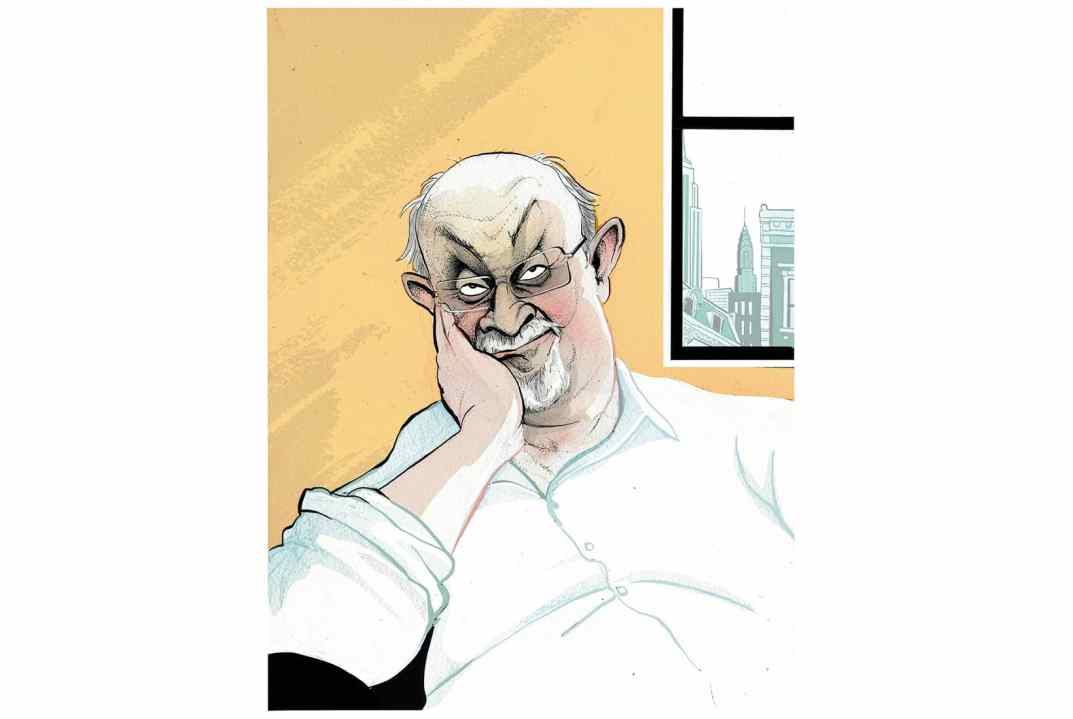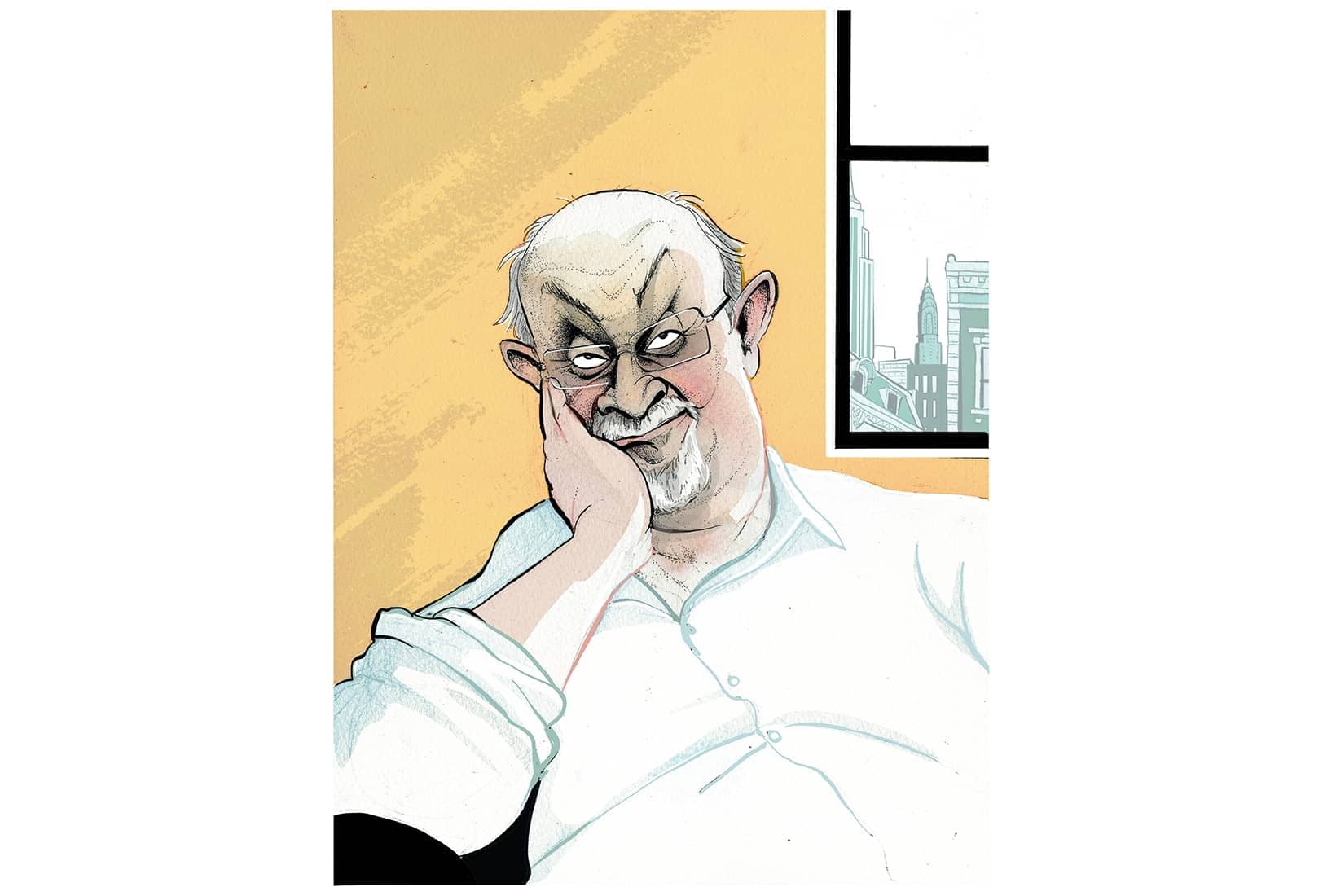Whenever a terrorist attack occurs, like the recent attempted assassination of Salman Rushdie, our society falls into the usual platitudes. The attack gets condemned, by most people. The ideology behind the attack is fudged so that it becomes as non-specific as possible. What almost never gets any time in the discussion is the question of answers. It is easy to say ‘We must never give in to terror’ or ‘We must defend the right to free speech.’ But personally I like to get more specific than this. Imagine if you were the UK government, say, and had some power actually to do something about it.
That brings me to the matter of Sayed Ata’ollah Mohajerani.
Mohajerani was a radical student involved in the 1979 revolution in Iran that overthrew the Shah and ushered in the Islamic Revolutionary government that still benights the country today. In the 1980s he became an MP and by the late 1980s he achieved, among other positions, that of deputy prime minister. He held that position in 1988 when the Ayatollah Khomeini ordered the execution of left-wing prisoners in Iran’s jails. Hundreds were subsequently massacred. Just last month a court in Stockholm found a prison official – Hamid Noury – guilty of war crimes for his part in the massacre. But Mohajerani, who held a far senior position at the time, remains at large.
One of the other highlights of his career came a year later when the Ayatollah Khomeini issued his fatwa calling on ‘Muslims of the world’ to ‘kill without delay’ both the author of The Satanic Verses and ‘all the editors and publishers aware of its contents’.
Today Mohajerani resides in leafy Harrow, an enormously conducive place to continue his work from
Everyone knows what happened next. Rushdie went into hiding for a decade, protected by the British state.









Comments
Join the debate for just £1 a month
Be part of the conversation with other Spectator readers by getting your first three months for £3.
UNLOCK ACCESS Just £1 a monthAlready a subscriber? Log in